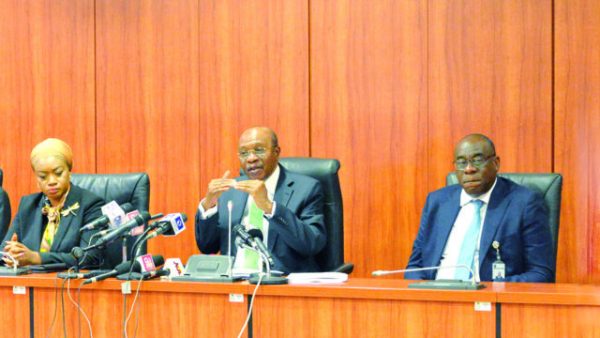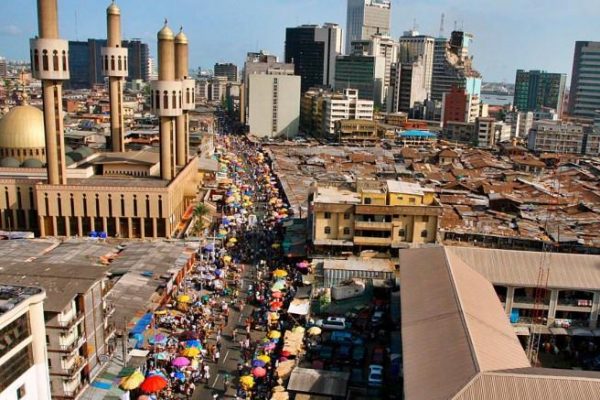Foreign Reserves Dropped By $4.47bn In 2019 –CBN

Nigeria’s external reserves recorded a decline of $4.47bn from $42.54bn as of the beginning of 2019 to $38.07bn as of the end of December.
The $4.47bn, according to data obtained from the Central Bank of Nigeria, represents a decline of 10.5 per cent.
Foreign exchange reserves are assets held on reserve by a monetary authority in foreign currencies. These reserves are used to back liabilities and influence monetary policy.
They include foreign banknotes, deposits, bonds, treasury bills and other foreign government securities.
These assets serve many purposes but are most significantly held to ensure that a government or its agency has backup funds if their national currency rapidly devalues.
In recent times, the nation’s external reserves been on a decline owing to the drop in oil receipts and the intervention of the CBN in the foreign exchange market.
Data obtained from the CBN on Thursday showed that the country’s external reserves recorded a marginal increase from $42.54bn to $44.79bn.
However, in the second quarter, it dropped marginally by $50m from $44.79bn to $44.74bn.
During the third quarter, the country’s reserve dipped further by $3.85bn from $44.74bn to $40.89bn.
In the fourth quarter the reserve continued to show signs of weakness as it dropped further by $2.82bn from the third quarter figure of $40.89bn to $38.07bn.
The CBN Governor, Mr Godwin Emefiele, had last week when asked to speak on the decline in the foreign exchange reserves to less than $40bn, said the drop should not call for panic.
He said the reserve was being used by the apex bank to meet the country’s obligations adding that the level of fluctuations was not unusual.
Emefiele said despite the dwindling level of the country’s foreign reserves, there was no possibility that the apex bank would devalue the naira.
He said that with crude oil selling at a price of about $63 to a per barrel, the drop in reserves to less than $40bn was not enough reason for panic.







